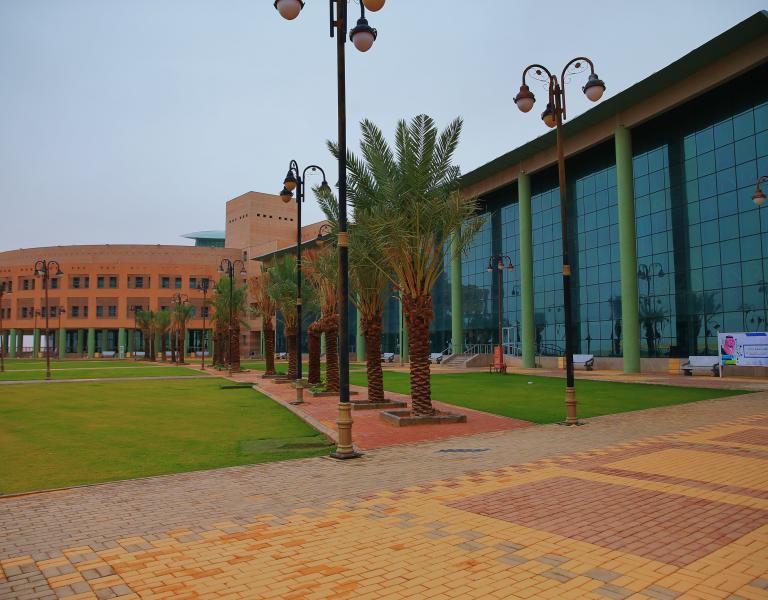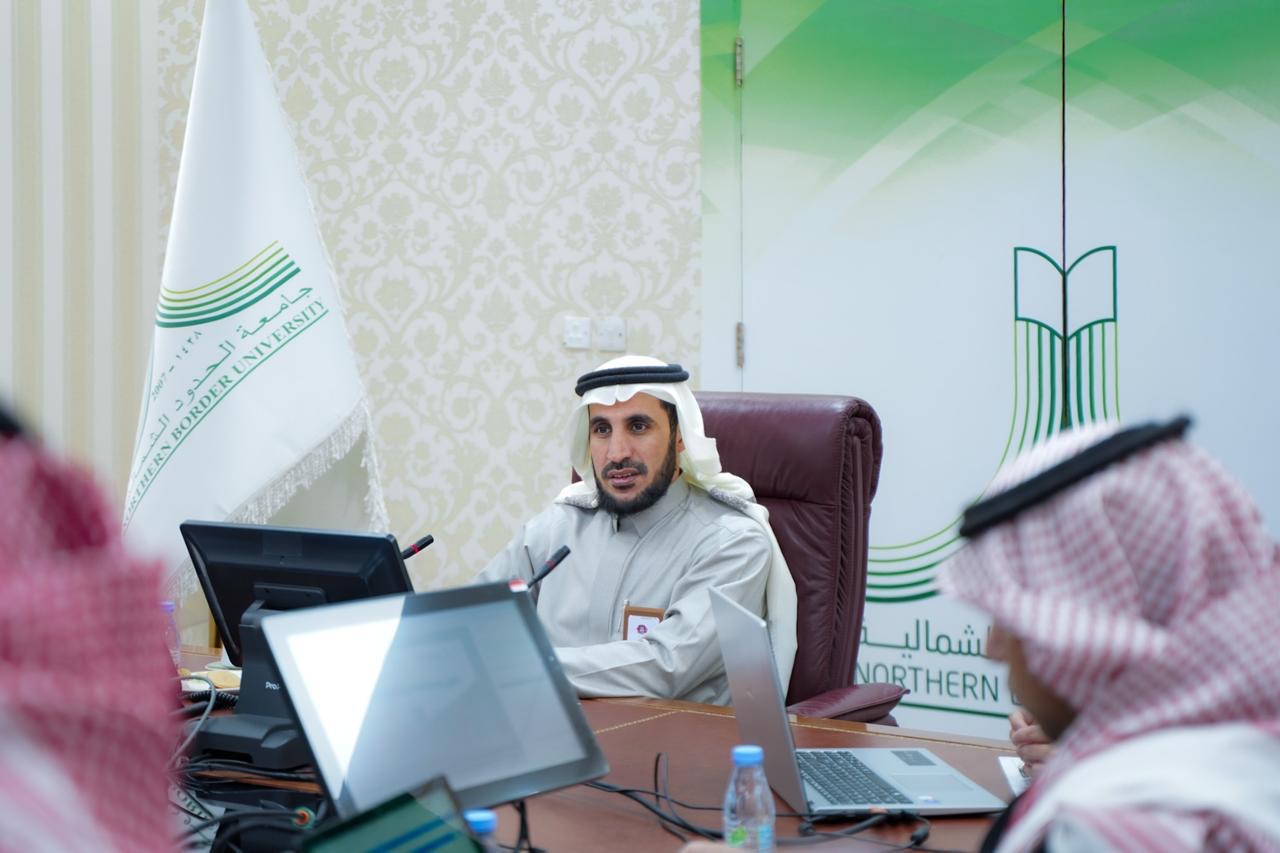About The Vice Presidency
The University Vice Presidency of Academic Affairs is a pivotal entity that fulfills the university's vision and mission while enhancing the educational process to align with the institution's objectives, values, and strategic directions. This Vice Presidency plays an essential role in organizing and coordinating everything related to the academic and educational affairs of students and faculty members, and works to improve the educational environment and enrich the beneficiaries' experience by providing academic and administrative services that ensure quality and excellence in education
Responsibilities of the University Vice Presidency of Academic Affairs include:
- Supervising the educational process:
- Managing and overseeing the educational process, ensuring adherence to established academic policies.
- Maintaining alignment of academic programs and curricula with local and international standards.
- Monitoring and evaluating the execution of study plans to ensure the attainment of educational goals.
2. Developing academic programs:
- Regularly reviewing and updating curricula to align with the job market demands.
- Creating educational programs designed to meet society's and the economy's needs.
- Supporting innovation and diversity in providing educational programs
3. Supporting faculty members:
- Offering ongoing training and development opportunities to enhance educators' skills.
- Creating conducive environments for faculty to excel in their academic duties.
- Encouraging scientific research and specialized studies in education and learning.
4. Student Support Services:
- Overseeing students' academic journey from enrollment to graduation.
- Following up on students' academic performance and caring for talented students, and providing the necessary support for those who suffer from academic difficulties.
- Monitoring students' progress and caring talented students while assisting those facing academic challenges.
- Organizing student activities that support the educational process and contribute to developing students' skills.
5. Achieving Academic Quality:
• Applying quality standards and academic accreditation in all educational programs.
• Working on evaluating academic performance periodically to ensure continuous improvement.
• Coordinating with academic evaluation and accreditation bodies to ensure educational programs conform to international standards.
6. Providing technical educational services:
• Developing and supporting the use of technology in the educational process (e-learning, learning management systems).
• Providing a technical infrastructure that supports distance learning and facilitates access to electronic educational resources.
7. Coordination between colleges and relevant parties:
• Enhancing cooperation between colleges to develop study plans and ensure course integration.
• Coordination with external parties, such as ministries, educational institutions, and employment agencies, to ensure meeting the requirements of the market and the national economy.


